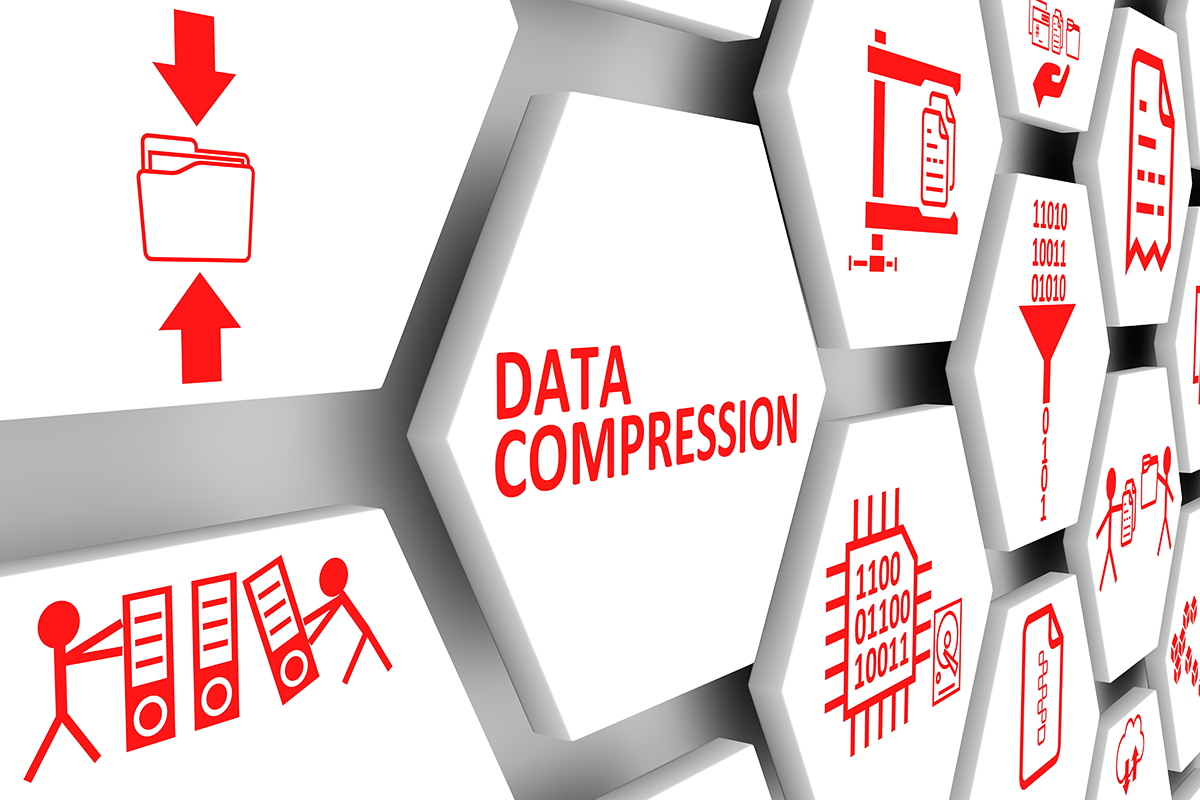Quantum Compression: A Leap Forward in Data Storage and Transmission

Data compression has always been a crucial aspect of computer science, with countless applications across various industries. While existing compression algorithms like ZIP and RAR have been highly effective, there is a constant push to develop even more efficient methods of data compression. In this article, we propose a novel theory, Quantum Compression, which leverages the principles of quantum mechanics to achieve unprecedented levels of data compression, far surpassing current techniques. We will explore the underlying concepts, potential applications, and the technological advancements required to make Quantum Compression a reality.
Quantum Compression: A New Frontier
Quantum Compression is based on the idea that quantum bits, or qubits, can represent multiple states simultaneously, unlike classical bits that can only represent a single state (0 or 1) at any given time. This phenomenon, known as superposition, enables qubits to store and process vast amounts of information in parallel, potentially leading to highly efficient compression algorithms.
The Quantum Compression process involves the following steps:
- Encoding classical data into quantum states, leveraging quantum superposition to store multiple bits of information in a single qubit.
- Applying quantum transformations (quantum gates) to compress the data further while preserving the necessary information for accurate retrieval.
- Storing the compressed quantum data in a quantum memory device.
- Decoding the compressed data back into classical information during retrieval, using quantum measurements and error-correction techniques.
The potential compression ratios achievable with Quantum Compression are theoretically limited only by the number of qubits used and the efficiency of quantum transformations. As such, this approach could revolutionize data storage and transmission, enabling the management of massive datasets with minimal resource consumption.
The Road Ahead: Overcoming Challenges
While Quantum Compression holds immense promise, there are several challenges that must be addressed before it can be widely implemented:
- Quantum Computing Infrastructure: Quantum Compression relies on the development and availability of quantum computers and quantum memory devices. As quantum computing technology is still in its early stages, significant advancements are required before Quantum Compression can be deployed on a large scale.
- Quantum Error Correction: Quantum systems are highly susceptible to errors due to their fragile nature. Developing robust quantum error correction techniques is essential to ensure the accuracy and reliability of compressed data.
- Compression Algorithms: The development of efficient quantum compression algorithms is another critical aspect of Quantum Compression. Researchers need to identify quantum transformations that can effectively compress data while preserving its integrity for accurate retrieval.
- Security and Privacy: Quantum systems introduce new challenges related to data security and privacy. Ensuring that compressed quantum data remains secure and private is crucial for maintaining trust in Quantum Compression technology.
Conclusion
Quantum Compression is a groundbreaking theory that has the potential to revolutionize data compression, transcending the limitations of existing methods. By leveraging the principles of quantum mechanics, Quantum Compression can achieve unparalleled compression ratios, enabling efficient data storage and transmission in an increasingly data-driven world. As we continue to develop quantum computing technology and address the challenges associated with Quantum Compression, the possibilities for innovation and progress are endless.